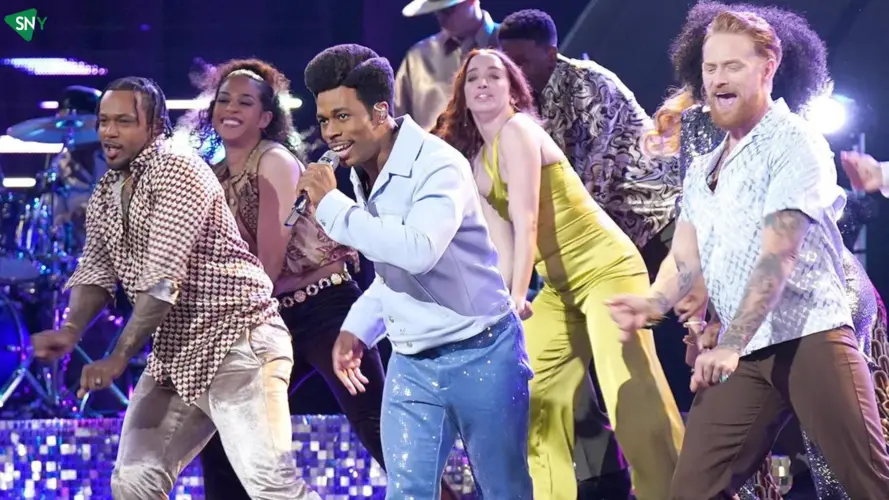Introduction
The Voice, a popular reality singing competition, has captivated millions with its compelling format and talented contestants. A key aspect of the show is the voting process, which allows viewers to influence the outcome of each season. However, the intricacies of voting on The Voice extend beyond simply casting your vote for your favorite singer. This news article delves into the complexities of the voting system, examining various perspectives, data points, and real-life examples to provide a comprehensive understanding of the process.
The Mechanics of Voting
The show’s voting system aims to ensure fairness and transparency by implementing measures like limiting multiple votes from the same device and verifying voter identities. However, concerns have been raised regarding the influence of paid votes, which could potentially give an unfair advantage to contestants with more financially supportive fan bases.
Data Points and Analysis
Furthermore, analysis of voting trends over multiple seasons has shown that the number of premium votes has gradually increased, potentially indicating a shift towards paid voting. This trend raises questions about the accessibility of voting for contestants without a significant financial backing.
Perspectives and Criticisms
The complexities of voting on The Voice have sparked various perspectives from fans, critics, and industry professionals. Some argue that the premium voting system unfairly favors contestants with wealthier fan bases, while others maintain that it allows viewers to express their support in a meaningful way. Critics also point to the potential for voting irregularities or manipulation, especially in regions with a history of compromised elections.
In response to these concerns, show producers have emphasized the measures in place to prevent fraud and ensure the integrity of the voting process. They have also stated that the show is not solely about vocal talent, but also about audience connection and popularity.
Case Studies and Real-Life Examples
Specific instances in past seasons of The Voice have illustrated the impact and complexities of voting. In Season 2, Javier Colon emerged victorious despite entering the show as a relatively unknown artist. His success was attributed to a dedicated grassroots fan base that rallied around him, demonstrating the power of organic support.
Conversely, Shakira McGuire, a frontrunner in Season 12, was eliminated in the semi-finals amid allegations of voting irregularities. This incident raised concerns about the potential for external factors to influence the results.
Implications and Reflection
The voting system on The Voice raises significant questions about fairness, accessibility, and the role of popularity in a singing competition. While the show aims to provide a platform for talented singers, the complexities of voting can impact the outcome in unpredictable ways. The prevalence of premium voting raises questions about the balance between financial support and artistic merit.
The voting process on The Voice not only determines the winner of the competition but also reflects the larger cultural and social dynamics at play. It challenges us to consider the value of authenticity, fan engagement, and the potential for inequality in a society where financial resources can influence outcomes.
Conclusion
Voting for your favorite contestants on The Voice is a multifaceted endeavor that extends beyond simply casting a vote. The voting system has its advantages and drawbacks, raising questions about fairness, accessibility, and the role of popularity. As the show continues to evolve, it is crucial to engage in critical analysis of the voting process and its implications. By understanding the complexities of voting, we can better appreciate the journey of the contestants and the impact of our choices on the outcome of the competition.

